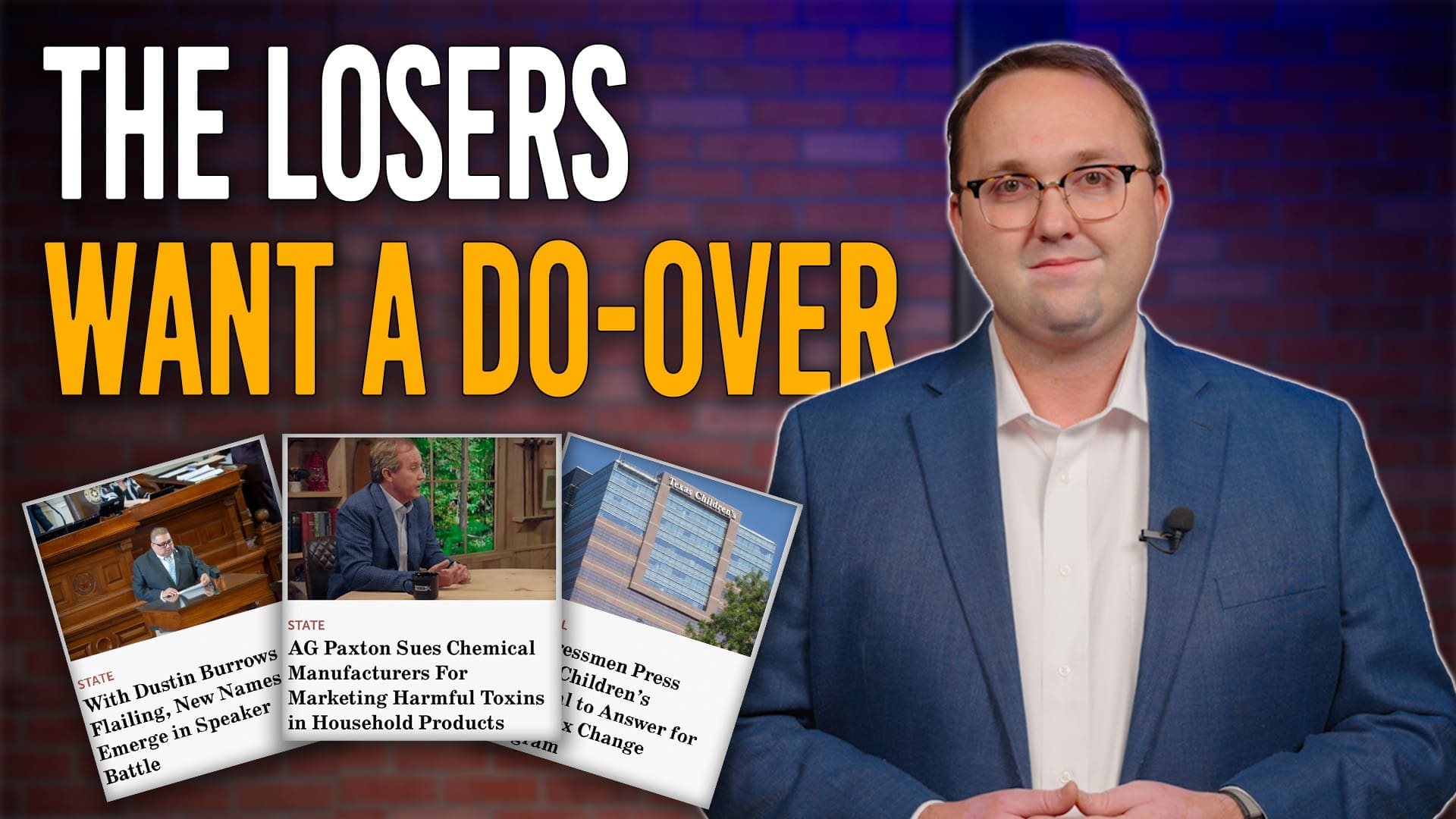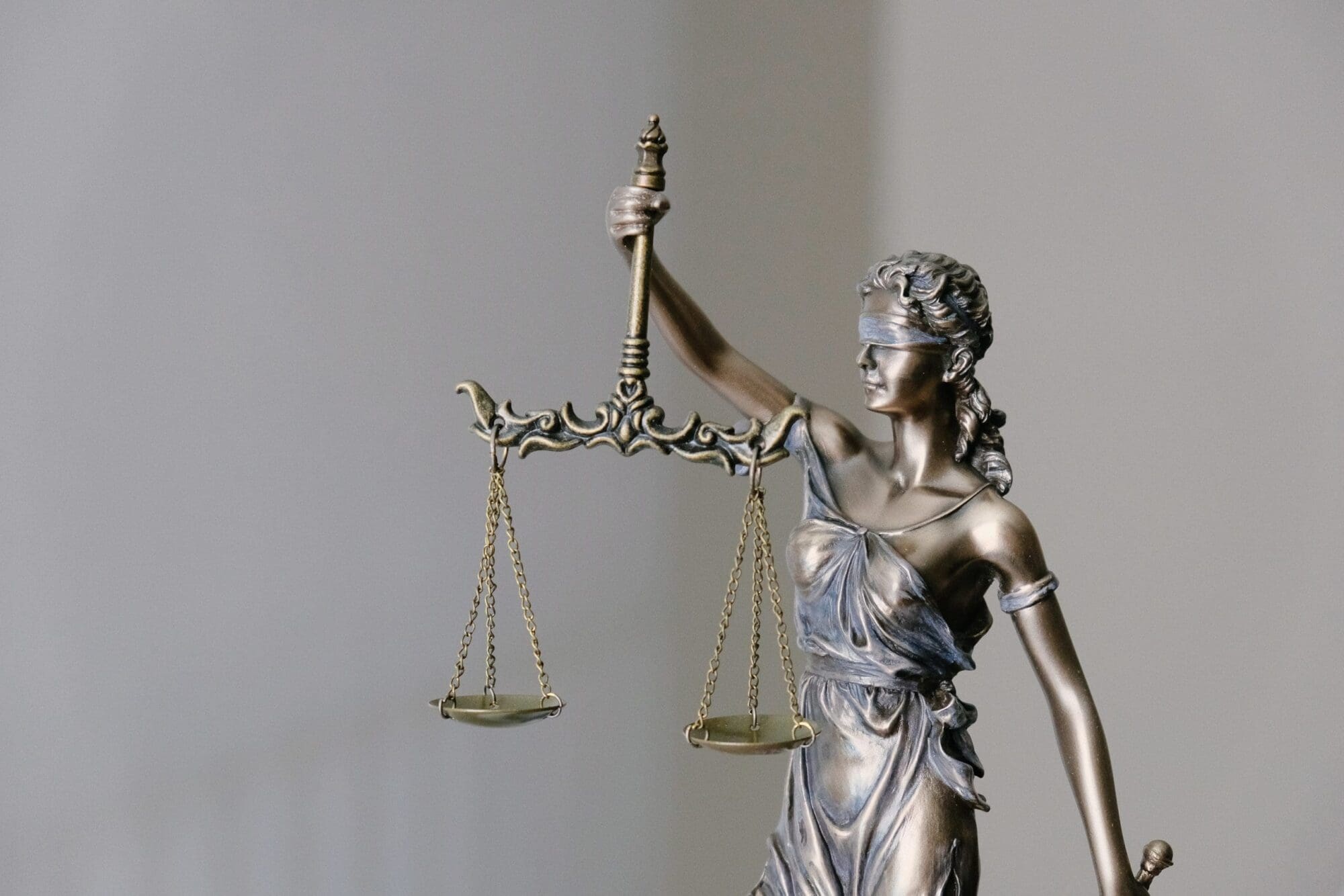It was on July 2,1776, that the Continental Congress declared “these United Colonies are, and of right ought to be, free and independent States.” It was two days later, of course, on the Fourth of July when they adopted the formal declaration.
I’ve often wondered what went through the mind of my ancestor, Dr. Benjamin Rush, when he cast his vote for (and later affixed his name to) the Declaration of Independence.
Those final words of the document must have leapt dangerously from the page: “And for the support of this declaration, with a firm reliance on the protection of Divine Providence, we mutually pledge to each other our lives, our fortunes and our sacred honor.””
As Dr. Rush’s revolutionary colleague, Benjamin Franklin, had observed, “We must all hang together, or assuredly we shall all hang separately.”
Those 56 men had all but signed their own death warrants for the most peculiar of power struggles. They didn’t want to overthrow one king in favor of another. That was all too common an occurrence in the world of the 18th Century.
They were out to overthrow the idea of kings altogether!
Even more radically, even in our time, was their notion of who should rule. The founders fundamentally believed that Americans could, and should, govern themselves.
Indeed, this idea is wrapped up in what it means to be the American people. The power to govern is not held by a king, but rather by the people. We give it in discrete increments to servants for specific purposes.
It was the intention of our founders that when considering those in power over us, our thoughts and prayers must not first turn to presidents, governors and mayors, but to our family, neighbors and friends. It is not in government where true power rests, but with each of us.
This is expressed in the phrase, now so casually bandied about, used to describe those people we elect to office: public servants. They are not rulers, masters or leaders. They are servants. It’s the people who are the rulers and leaders.
It’s critical that we, the people, take charge. We must assert our rightful place in leadership by participating fully and completely in this revolutionary system of self-government. Not just on election day, but every day. It is our obligation to be involved in all facets of government from the school house to the state house to the White House.
Some 11 years after independence had been secured, Mr. Franklin served as a delegate to the constitutional convention. After they completed their work, he was asked what they had created. “A republic, if you can keep it.”
We will keep it only for as long as each generation embraces the responsibility of self-government. By in so doing, to borrow a phrase from the Constitution, will we “secure the Blessings of Liberty to ourselves and our Posterity.”




